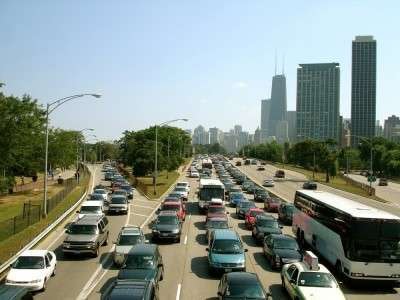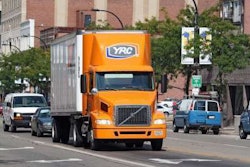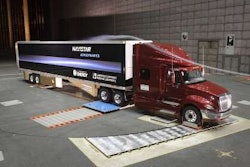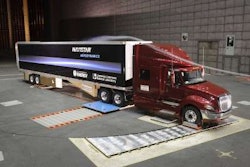
The TIGER (Transportation Investment Generating Economic Recovery) Discretionary Grant Program was included in the Recovery Act to spur a national competition for innovative multimodal and multijurisdictional transportation projects that promise significant economic and environmental benefits to an entire metropolitan area, a region or the nation. Projects funded with the $1.5 billion allocated in the Recovery Act include improvements to roads, bridges, rail, ports, transit and intermodal facilities.
The U.S. Department of Transportation was flooded with more than 1,400 applications from all 50 states, territories and the District of Columbia requesting funding for almost $60 billion worth of projects – 40 times the amount available through the program. “TIGER grants will tackle the kind of major transportation projects that have been difficult to build under other funding programs,” LaHood says. “This will help us meet the 21st century challenges of improving the environment, making our communities more livable and enhancing safety, all while creating jobs and growing the economy.”
LaHood says the projects will create jobs and spur lasting economic growth, reduce gridlock for the traveling public, and provide Americans with more safe, affordable and environmentally sustainable transportation choices. They also will help factories, farms and businesses across the United States move goods more efficiently and better compete in the global economy, he says. Sixty percent of the funding will go to economically distressed areas, which are home to 39 percent of the U.S. population.
Awardees were selected based on their contribution to economic competitiveness of the nation, improving safety and the condition of the existing transportation system, increasing quality of life, reducing greenhouse gas emissions and demonstrating strong collaboration among a broad range of participants, including the private sector. Projects were funded in large cities as well as rural and tribal communities across the country and were selected based on merit.









